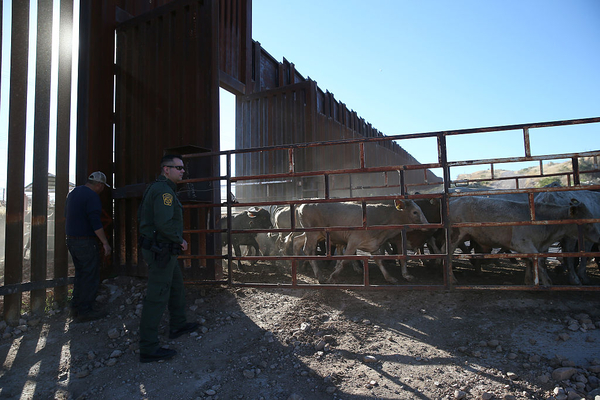- Joined
- May 13, 2010
- Messages
- 5,250
- Reaction score
- 763
- Location
- Los Angels, USA
- Gender
- Male
- Political Leaning
- Slightly Conservative
. Obama rebuff U.S. ally Netanyahu, but is all smiles and handshakes when he meets with the dictator Raul Castro. Obama won’t negotiate with Congress the way he does with the Iranian and the Castroit regime. He is helping U.S. enemies and eroding the relationship with its traditional allies.Obama, Raúl Castro Plan Historic Meeting at Panama Summit on Saturday
Obama, Raúl Castro Plan Historic Meeting at Panama Summit on Saturday - WSJ
Planned discussion marks intensifying effort by U.S., Cuba to restore full diplomatic relations
President Barack Obama shakes hands with Cuba’s Raúl Castro before the opening of a summit of leaders from the AMERICAS in Panama. The U.S. and Cuban leaders plan to hold the first substantive meeting in more than 50 years on Saturday. PHOTO:SANTIAGO ARMAS/XINHUA/ZUMA PRESS
By CAROL E. LEE
Updated April 10, 2015 10:41 p.m. ET
PANAMA CITY, Panama—The leaders of the U.S. and Cuba planned to hold their first meeting in more than 50 years on Saturday, a milestone signifying the two nations’ intensifying efforts to restore full diplomatic relations.
The expected sit-down between President Barack Obama and Cuban President Raúl Castro at agathering of leaders from the Americas marks the American leader’s BID to reshape U.S. relations with a longtime adversary—even as he faces resistance to his similar effort with Iran.
More than a historic milestone for two Cold War rivals, the encounter is symbolic of the broader shift in U.S. foreign policy that Mr. Obama is aggressively executing in his second term.
“This is not just about two leaders sitting down together. It’s about fundamentally changing how the United States engages Cuba,” said Ben Rhodes, one of Mr. Obama’s closest foreign-policy advisers, who helped lead secret talks between Washington and Havana.
Messrs. Obama and Castro shook hands Friday night during a dinner for leaders at the summit. White House officials said there wasn’t a substantive discussion.
President Barack Obama is nearing an expected decision to remove Cuba from the U.S. list of governments that sponsor terrorism, a step that would smooth over a major point of contention between the two countries.
Images of two leaders together in Panama are set to ripple across the globe little more than a week after the U.S. announced the outlines of a diplomatic agreement with Iran to curtail its nuclear program.
Mr. Obama’s goals for diplomatic outreach to Iran and Cuba, in the short term, diverge. On Iran, the aim is to keep its leaders from acquiring a nuclear weapon. With Cuba, Mr. Obama is seeking to unravel a policy of isolation he believes has failed.
Last edited:




